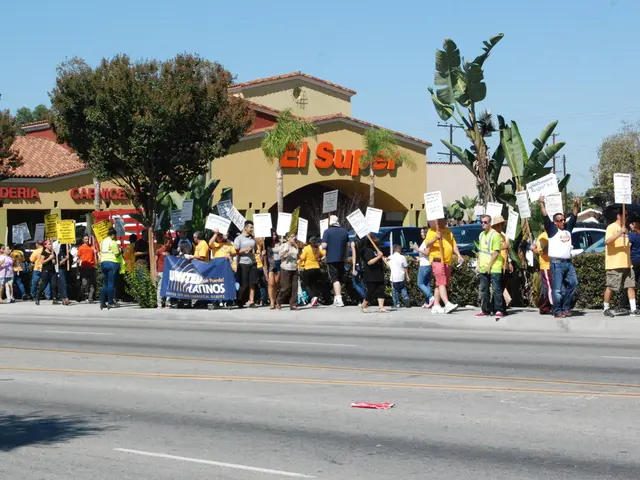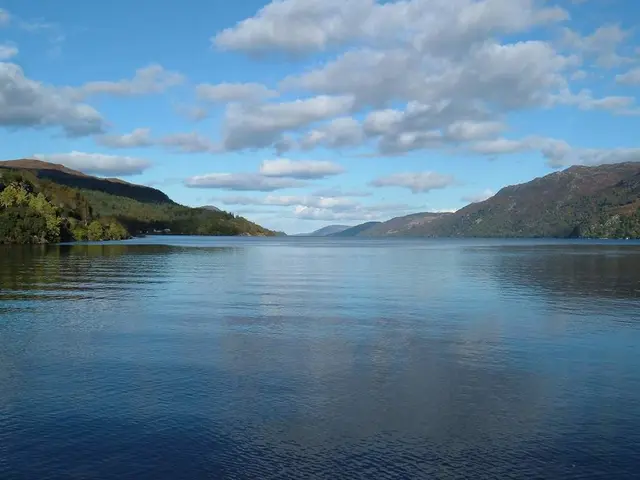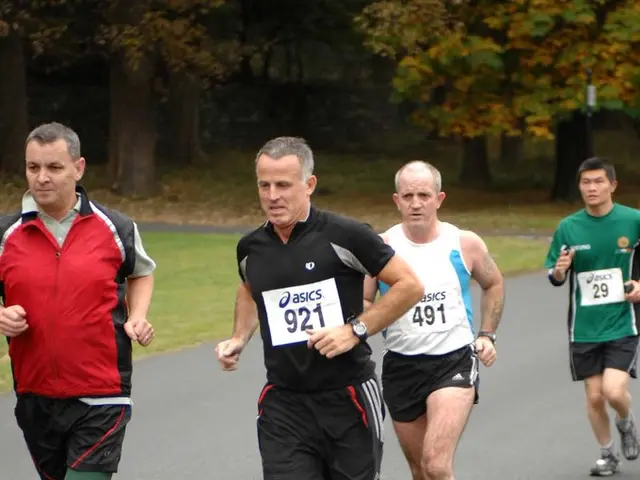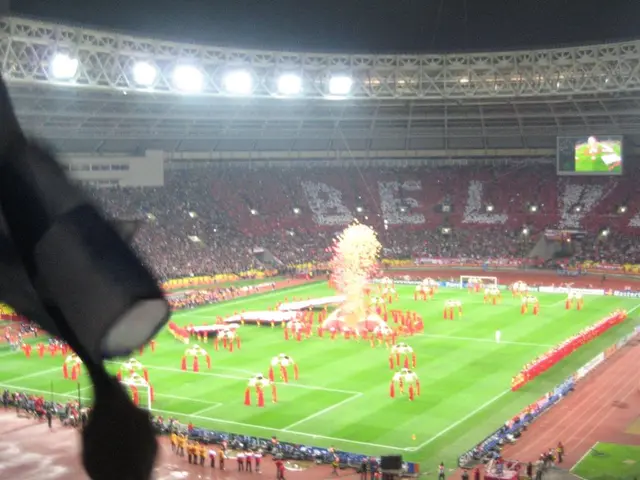"Putin allegedly backs Trump into another predicament"
The Alaska summit, held on August 15, 2025, brought together US President Donald Trump and Russian President Vladimir Putin with the primary focus on the ongoing Russia-Ukraine war. However, the meeting ended without a ceasefire agreement or concrete breakthroughs on ending the conflict.
According to reports, more than half of the active Starlink devices are located in areas fully or partially occupied by Russia. The primary goal of delivering these terminals to Ukraine was to restore life-saving connections for critical public services such as healthcare, communal shelters, and local administration.
During the summit, Trump acknowledged the complexity of the situation, shifting from initial optimism to a more cautious stance, while Putin emphasized the closeness of the US and Russia as neighbours rather than the war itself. The discussions were described as constructive but significant points remained unresolved.
The summit, which was initially planned to last six hours, ended after three and a half hours with no announcements of business deals or resolutions on the war. Trump's agenda included two tracks: resetting overall relations with Russia including potential economic deals and attempting to negotiate an end to the Ukraine war. However, because no agreement on war cessation emerged, the US declined to discuss economic incentives during the summit.
Following the Alaska meeting, Trump planned to engage with Ukrainian President Volodymyr Zelenskyy and European leaders at the White House to discuss the situation further. The summit appeared to reflect a stalemate rather than progress, with ongoing negotiations and diplomacy continuing to seek a path toward peace.
Meanwhile, Ukrainian authorities have ordered the evacuation of the city of Druzhkivka and other frontline towns due to the advance of Russian troops in eastern Ukraine. Reports of a Russian Su-30SM fighter jet crashing near Snake Island and an explosion in a gunpowder production plant in the Russian city of Ryazan have added to the ongoing tension.
In a related development, Maximilian Terhalle, a security expert at the Hoover Institution of Stanford University, warns that Putin is trying to remove Ukraine from the agenda at the Alaska summit. Julia Navalnaya, the widow of the late Russian opposition figure Alexei Navalny, calls for an exchange of prisoners at the Alaska summit.
The US Agency for International Development (USAID) did not monitor the use of 5,175 Starlink terminals delivered to Ukraine, according to an internal audit report. Russian President Vladimir Putin described North Korean troops fighting in Ukraine as "heroic" in a letter to Kim Jong Un. Foreign Minister Sergei Lavrov caused a stir by arriving in Anchorage, Alaska wearing a shirt with the inscription "CCCP" (USSR in English).
Ukrainian President Volodymyr Zelensky announced that Ukraine has received 1.5 billion dollars from European allies for the purchase of US weapons. Trump is expected to roll out the red carpet for the arrival of Putin at the Joint Base Elmendorf-Richardson.
The Alaska summit, while high-profile, did not yield the desired results. It was a diplomatic encounter marked by polite but limited exchanges, a recognition of difficulties, and a lack of concrete agreements or commitments regarding the war's future. The ongoing negotiations and diplomacy continue to seek a path toward peace.
[1] The New York Times [2] BBC News [3] The Washington Post [4] The Guardian
- The Alaska summit, despite its high-profile nature, failed to incorporate any substantial changes in the community policy towards the ongoing Russia-Ukraine war, particularly regarding the implementation of employment policies for peacebuilding and disaster response in conflict zones.
- Amidst the ongoing Russia-Ukraine war, political analysts from The New York Times, BBC News, The Washington Post, and The Guardian have called for the discussion of general news topics such as war-and-conflicts, politics, and prisoner exchange at the table, particularly during high-profile diplomatic meetings like the Alaska summit.








